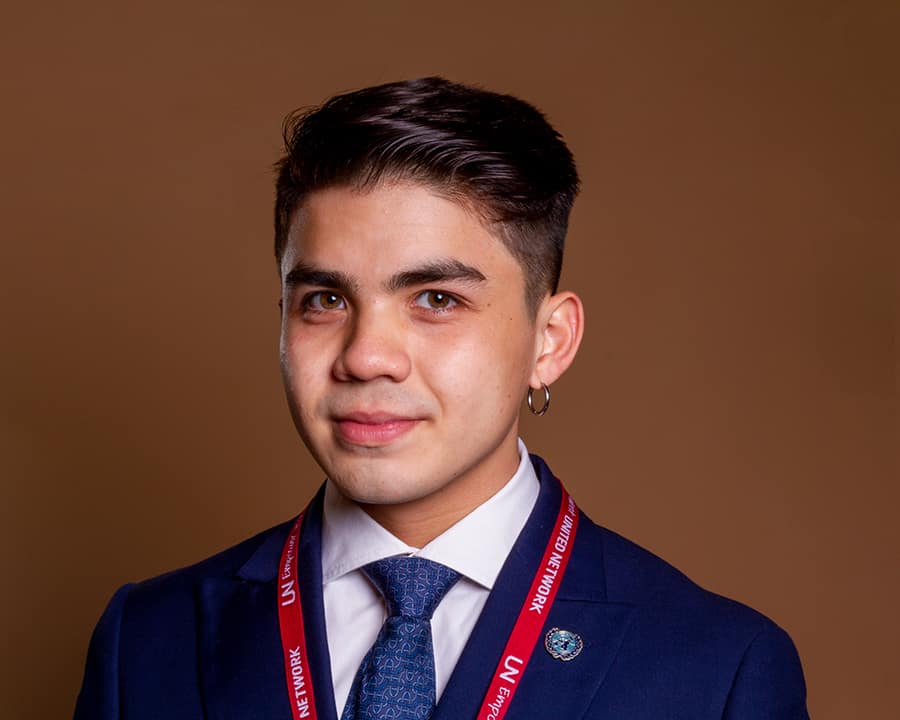What is your talent?
Whatever job you choose to do in life, whether you want to become an engineer, a lawyer, a singer, a blogger, a doctor, you need to have self-confidence, know how to resist stress, achieve your goals, show initiative and work in a team. These are some of the so-called soft skills, the talents that give an extra gear, those transversal skills necessary to deal with every situation (from the most complicated to the simplest) that arises in the course of life. All the projects developed by United Network develop soft skills and help you to understand what your talent is!
Soft Skills
Whatever job you choose to do in life, whether you want to become an engineer, a lawyer, a singer, a blogger, a doctor, you need to have self-confidence, know how to resist stress, achieve your goals, show initiative and work in a team. These are some of the so-called soft skills, the talents that give an extra gear, those transversal skills necessary to deal with every situation (from the most complicated to the simplest) that arises in the course of life. All the projects developed by United Network develop soft skills and help you to understand what your talent is!
TALENTI A CONFRONTO


SCROLL OVER THE PHOTO AND DISCOVER THE CHANGE
Goal Based Scenarios
All these methods are adopted in the so-called GBS, Goal Based Scenarios, which are role plays based on the creation of scenarios aimed at achieving an unconventional goal for the participants. Just like our projects.
Which are the advantages?
- Role Plays emphasize a model in which the purpose of learning is not focused on “Knowing” but on “Knowing how”.
- Role Plays allow participants to take personal approaches and apply their own knowledge to achieve a varied purpose that interests them.